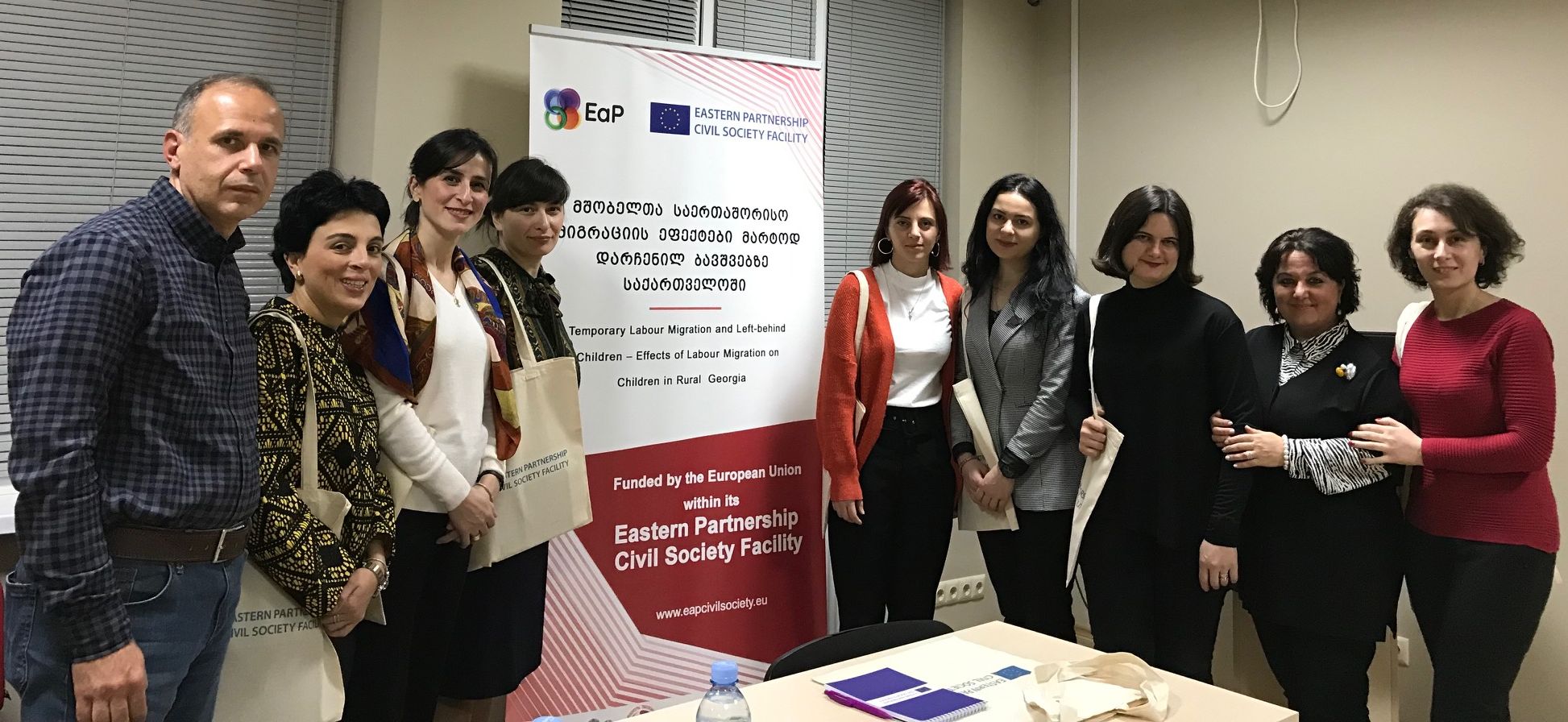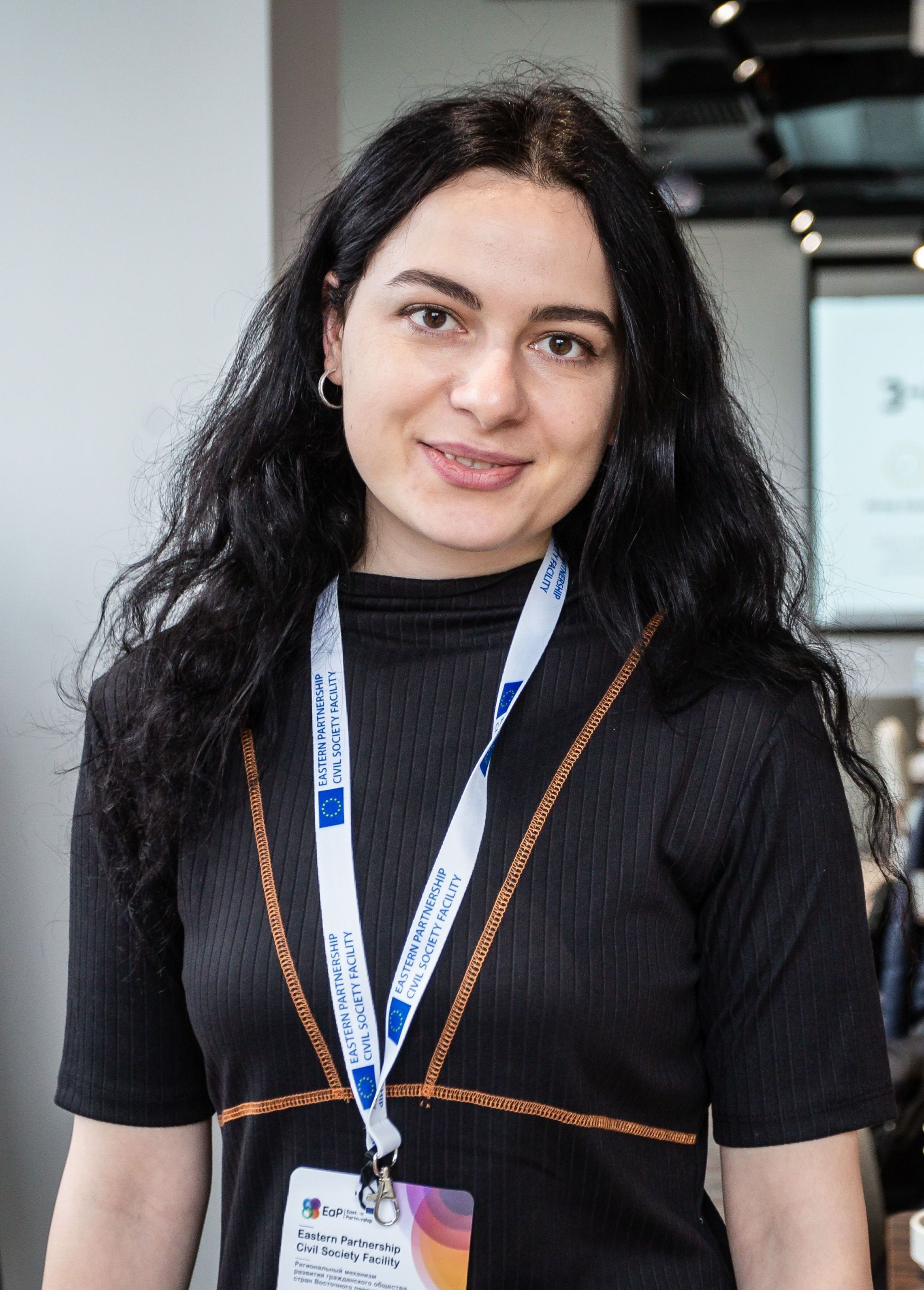
Research project on Effects of Labour Migration on Children in Rural Georgia
The action aimed to identify feasible, effective, and acceptable strategies to address the needs of children affected by parental migration in rural Georgia and mitigate the negative impacts of migratory separation on children. The project was implemented in two phases. First, Khatia conducted the field research of Samegrelo-Zemo Svaneti and Guria regions and investigated the effects of parental labor migration on children from the teachers’ perspectives; she did Focus-group discussions and In-depth interviews with School Principals and teachers of 6 schools (3 per-region). The survey assessed the indicators, such as children’s behavior, school performance, emotional stability, self-esteem, characteristics, caregiver’s involvement in school activities, etc. In the second phase of the project, Khatia communicated the results and presented the research findings to the school administration and local authorities. Therefore, she hosted public lectures at the Tbilisi State Medical University (TSMU), University of Georgia (UG), and Health House in Guria. Taking all above into account, Khatia promoted the research deliverables at the International Conference ‘12th European Public Health Conference, Building bridges for solidarity and public health’ in Marseille, France as a part of her fellowship award.
The project produced academic expertise on challenges faced by the children of migrant parents and raised awareness of the issue on the local and international levels. As the survey reports, more than 90 % of study participants in both target regions (Samegrelo-Zemo Svaneti and Guria) reported the only negative outcomes of parent(s) migration on “Left-behind” Children’s health, wellbeing, and education. Material benefits may be accounted as the only positive aspect; however, it cannot compensate for the negative aspects, such as early marriage, decreased motivation, poor health conditions, unhealthy eating habits, gambling, etc. Unfortunately, migration is often the only solution for the relatively poor families of Georgian rural areas. However, working abroad as a caretaker cannot bring significant financial benefits for the families since the remittances sent back to the country are directed to pay the financial liabilities.

| Fellowship Programs | 2019 |
| Country | Georgia |
| Areas of Interest | Advocacy |
| Topics | Human rights Support to local actors to provide basic services |
| Project duration | May 2019 - November 2019 |

